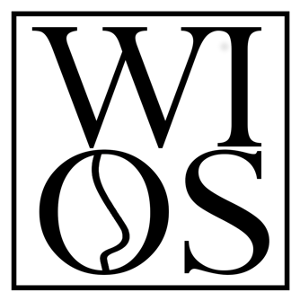Speaker
Prof.
Sanne Boesveldt
(Department of Agrotechnology and Food Sciences, Human Nutrition, Wageningen University & Research)
Description
Chemosensory perception plays a crucial role in food choices and intake, and thus in
maintaining a healthy nutritional status. These sensory aspects of a food are not only drivers
of preferences and aversions, but are also important for steering appetite, signalling nutrient
content and satiety processes [1, 2]. Illness and concomitant treatment however may lead to
changes in smell or taste function and thereby alter flavor perception and eating behavior. I
will here summarize the impact of these alterations during prominent illnesses, such as
neurodegenerative disease, and cancer and chemotherapy, identify current gaps in knowledge
and formulate relevant topics for future research.
1. Boesveldt, S. and C. De Graaf, The differential role of smell and taste for eating behavior. Perception,
2017. 46: p. 307-319.
2. McCrickerd, K. and C.G. Forde, Sensory influences on food intake control: moving beyond palatability.
Obesity Reviews, 2016. 17(1): p. 18-29.
Primary author
Prof.
Sanne Boesveldt
(Department of Agrotechnology and Food Sciences, Human Nutrition, Wageningen University & Research)



